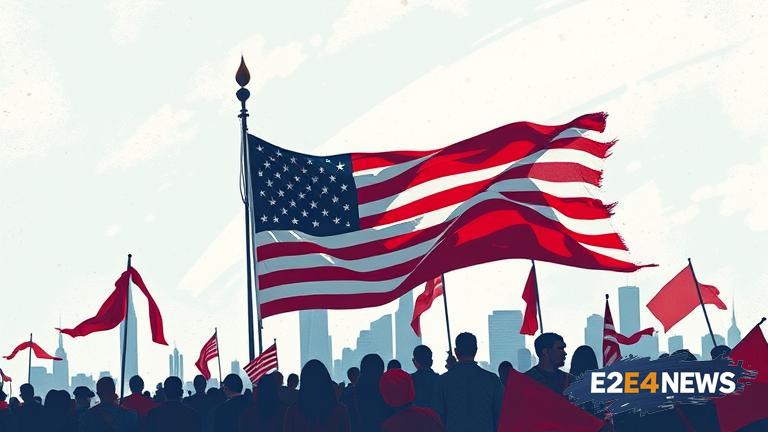Labour Day in the United States is a public holiday that is celebrated on the first Monday of September every year. The holiday has a significant history, with its origins tracing back to the labour movement of the late 19th century. The first Labour Day was celebrated on September 5, 1882, in New York City, and was organized by the Central Labor Union. The main objective of the holiday was to recognize the contributions and achievements of American workers, who had been fighting for better working conditions, higher wages, and shorter working hours. Over time, Labour Day has evolved to become a celebration of the American worker, with parades, barbecues, and other festivities taking place across the country. The holiday is also seen as a time for relaxation and recreation, marking the end of the summer season. The original founder of Labour Day is often disputed, with some attributing it to Matthew Maguire, a machinist and secretary of the Central Labor Union, while others claim it was Peter J. McGuire, a vice president of the American Federation of Labor. Despite the controversy, Labour Day has become an integral part of American culture, with many businesses, schools, and government offices closing on the day. The holiday has also become a significant economic driver, with many retailers offering discounts and promotions during the Labour Day weekend. In addition to its economic impact, Labour Day has also played a crucial role in shaping the country’s labour laws and regulations. The Fair Labor Standards Act, which was passed in 1938, established minimum wage and overtime protections for workers, and has been amended several times since then. Today, Labour Day is celebrated not only in the US but also in many other countries around the world, including Canada, Australia, and many European nations. The holiday has become a symbol of solidarity and unity among workers, and is often marked with rallies, protests, and other events. Despite its significance, Labour Day has also been criticized for its commercialization, with many arguing that the holiday has lost its original meaning and purpose. Nevertheless, Labour Day remains an important part of American culture and history, and continues to be celebrated by millions of people across the country. The holiday has also been the subject of numerous books, articles, and documentaries, which have explored its history, significance, and impact on American society. In recent years, Labour Day has also become a time for reflection and discussion about the state of the labour movement in the US, with many arguing that the country still has a long way to go in terms of protecting workers’ rights and promoting fair labour practices. As the US continues to evolve and grow, Labour Day remains an important reminder of the contributions and sacrifices made by American workers, and the need to continue fighting for a fair and just society. The holiday has also been marked by numerous presidential proclamations, which have highlighted the importance of Labour Day and the need to recognize the achievements of American workers. In conclusion, Labour Day in the US is a significant holiday that commemorates the contributions and achievements of American workers, with a rich history, cultural significance, and economic impact. The holiday continues to be celebrated by millions of people across the country, and remains an important part of American culture and history.
